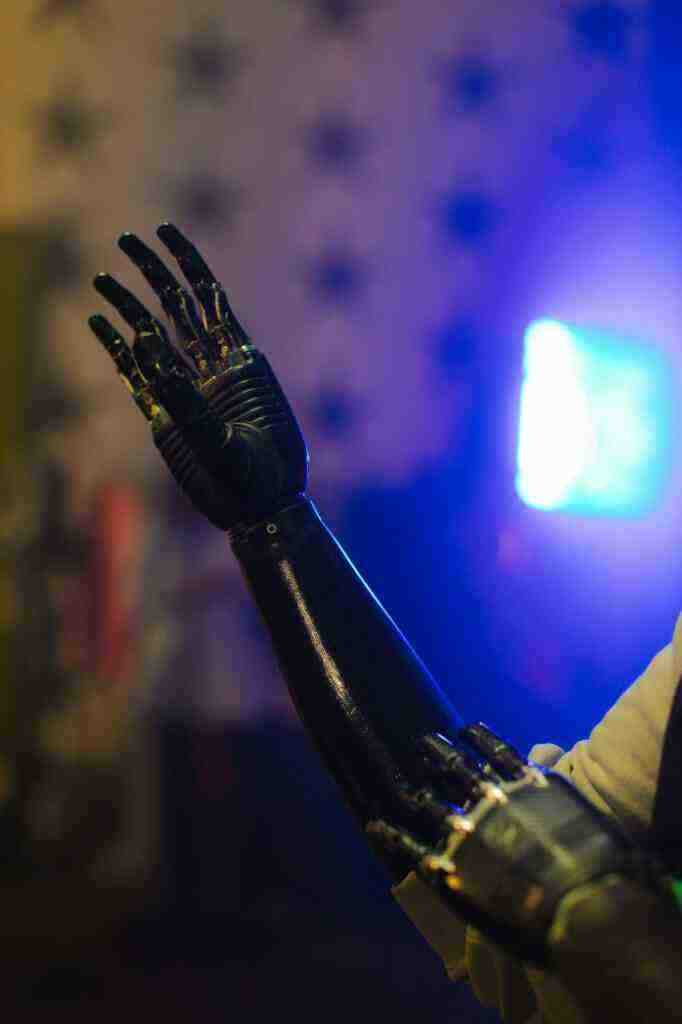Bill Gates Highlights 5 Robotics Startups Pushing the Boundaries of Innovation
In the ever-evolving landscape of technology, robotics stands as a beacon of transformative potential, poised to revolutionize industries and redefine our way of life. With investments in robotics companies skyrocketing to $90 billion over the past five years, the sector is teeming with innovation and promise. Amidst this surge, Microsoft co-founder Bill Gates has identified five startups that are propelling robotics from the realm of science fiction into tangible reality. These companies are pushing the boundaries of what robots can achieve, addressing critical challenges in areas such as dexterity, mobility, autonomy, and human-robot collaboration.
Agility Robotics: Pioneering Humanoid Robots for Diverse Applications
At the forefront of Gates’ list is Agility Robotics, a company that has captured the imagination with its groundbreaking humanoid robot, Digit. This versatile machine is currently undergoing rigorous testing by logistics giants GXO Logistics and Amazon, setting it apart from the competition in the rapidly expanding humanoid robot market. Agility Robotics has ambitious plans for growth, having recently established RoboFab, a state-of-the-art robot manufacturing facility in Salem, Oregon, capable of producing over 10,000 robots annually.
What sets Digit apart is its exceptional flexibility and agility. Unlike traditional wheeled robots commonly used in logistics operations, Digit can navigate terrains accessible to humans, making it ideal for a wide range of tasks. Its capabilities exceed those of human workers, boasting the ability to lift heavier loads and reach higher shelves with ease. Agility Robotics co-founder and chief robot officer Jonathan Hurst will deliver the opening keynote at the upcoming Robotics Summit & Expo, where he will delve into the technological breakthroughs propelling humanoids like Digit into real-world applications.
Tevel: Revolutionizing Fruit Harvesting with Precision Drones
Hailing from Israel, Tevel has garnered attention for its innovative approach to fruit harvesting using drones. Recognized for its excellence, the company received the prestigious RBR50 Robotics Innovation Award in 2021 and was featured among the top robots at the World Ag Expo in 2023. Tevel’s drones are already actively deployed in various countries, including Italy, the United States, Chile, and Israel, making a tangible impact on the agricultural industry.
Fruit picking poses unique challenges for robots, requiring a gentle touch to handle delicate fruits without causing damage. Tevel’s unique system excels in this regard, offering precision and minimizing bruising. This is particularly crucial in light of the significant labor shortage in agriculture, as estimated by the American Farm Bureau Federation, leading to the loss of unharvested fruits. Companies like Tevel can bridge this gap, ensuring that every fruit is harvested, thereby reducing wastage and optimizing yields.
Apptronik: Unveiling Apollo, a Versatile Humanoid Robot
Apptronik, based in Austin, Texas, made its mark in the robotics industry with the unveiling of Apollo, its first humanoid robot, in August 2023. Although the company had previously focused on exoskeletons and bipedal locomotion research and development projects, Apollo marked a significant milestone. Apptronik plans to release the robot in 2024, aiming for an accessible price point comparable to a new car.
Gates was impressed by Apollo’s promised flexibility, enabling it to perform various tasks, ranging from traditional robot roles in manufacturing and logistics to household chores. Additionally, Apollo’s compatibility with third-party software facilitates the addition of new functionalities after its release, making it a truly versatile and adaptable robot.
RoMeLa: Advancing Humanoid Robotics with Speed and Stability
While not strictly a startup, UCLA’s Robotics and Mechanisms Lab (RoMeLa) deserves recognition for its groundbreaking work in humanoid robotics. RoMeLa’s Advanced Robotic Technology for Enhanced Mobility and Improved Stability (ARTEMIS) robot showcases remarkable speed and stability, capable of walking at 2.1 meters per second – an impressive feat for any humanoid robot.
Gates expressed his admiration for ARTEMIS’s speed and resistance to being tipped over, demonstrating its enhanced stability. The robot’s impressive skills were showcased at RoboCup 2023, an international soccer competition held in France, where its exceptional capabilities were evident.
Field AI: Revolutionizing Autonomy Systems for Diverse Machines
Unlike the other companies on this list, Field AI doesn’t focus on building physical robots. Instead, the company specializes in developing autonomy systems that can be integrated into any machine, preparing them for deployment in various field applications. Field AI’s systems are compatible with a wide range of vehicles, including legged, wheeled, flying, and tracked, and can operate effectively in diverse environments, even those characterized by unknown, dynamic, and unpredictable conditions.
Gates’ selection of these five startups highlights the diverse and innovative approaches being undertaken in the robotics industry. These companies are pushing the boundaries of what robots can achieve, addressing critical challenges in areas such as dexterity, mobility, autonomy, and human-robot collaboration. As the industry continues to evolve, it will be exciting to witness the transformative impact of these startups on various sectors, including logistics, agriculture, manufacturing, and healthcare.
